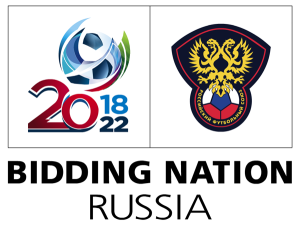The host countries for upcoming major sports events, such as Qatar for the 2022 World Cup and Russia for the 2018 World Cup and the 2014 Winter Olympics, face scrutiny and criticism for alleged human rights violations and instances of racism.
In Russia, concerns have been raised about human rights abuses and racism. Human rights NGOs expressed their concerns, calling the arrival of the Olympic flame in Moscow the “flame of shame.” Violations of human rights and the treatment of immigrant workers have been condemned by organizations like Amnesty International and Human Rights Watch. The ongoing incidents of racism in Russia were evident during the recent football match between Manchester City and CSKA Moscow, where Yaya Touré was subjected to racist chants. This incident highlights the broader issue of racism faced by black individuals in Russia, with African students being frequent targets.
In contrast, Qatar, set to host the 2022 World Cup, is under intense scrutiny for alleged “slavery” conditions faced by Nepalese workers on construction sites. Reports by The Guardian claim that poor working conditions have led to deaths among these workers. FIFA President Sepp Blatter has acknowledged the possibility of a mistake in choosing Qatar as the host, while UEFA President Michel Platini has urged Qatar to address the issues.
The contrasting reactions to these controversies raise questions about the priorities and perspectives of the international sports community. While both host countries are facing criticism, the focus on Qatar’s alleged “slavery” raises the question of whether the severity of the accusations outweighs the ongoing issues of racism and human rights violations in Russia. The debate underscores the complexities and ethical considerations surrounding major sporting events and the responsibility of hosting nations to address such concerns.











